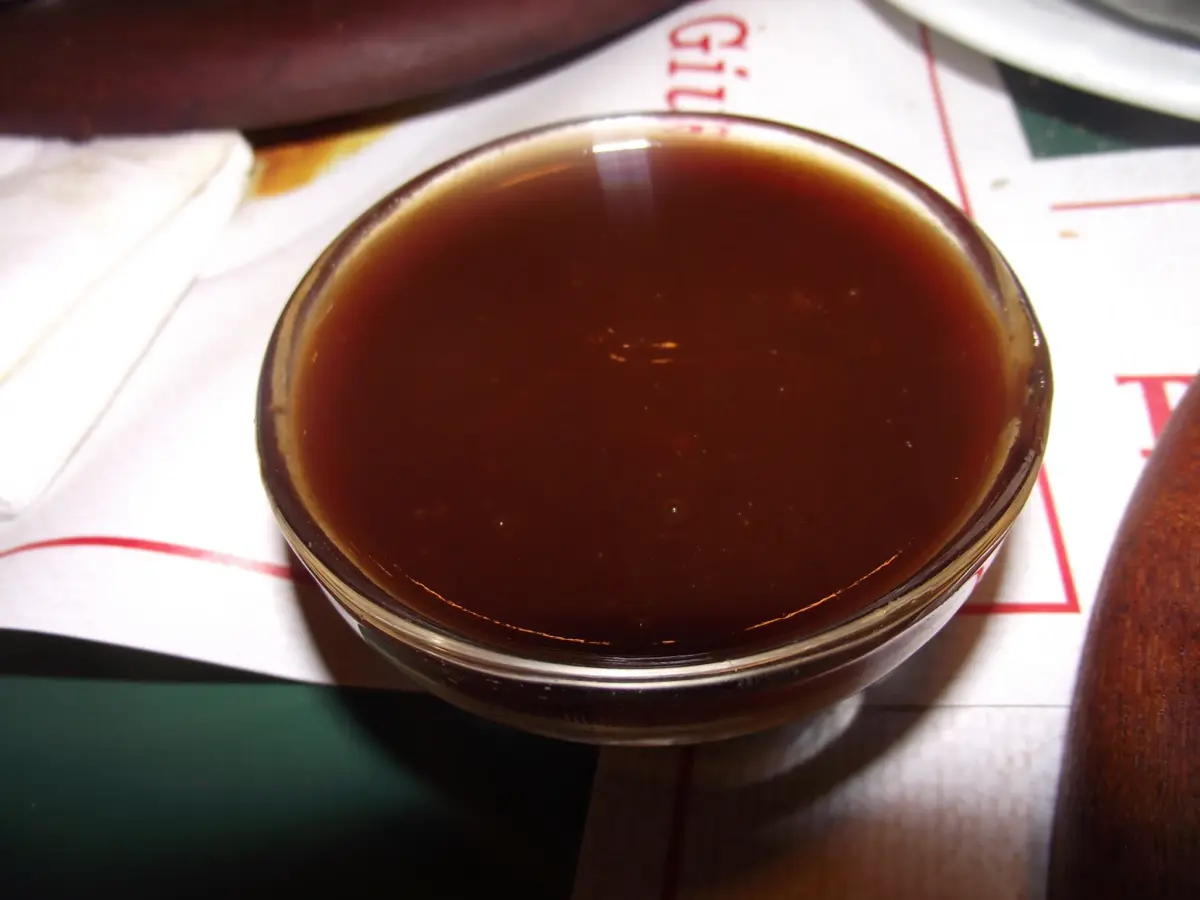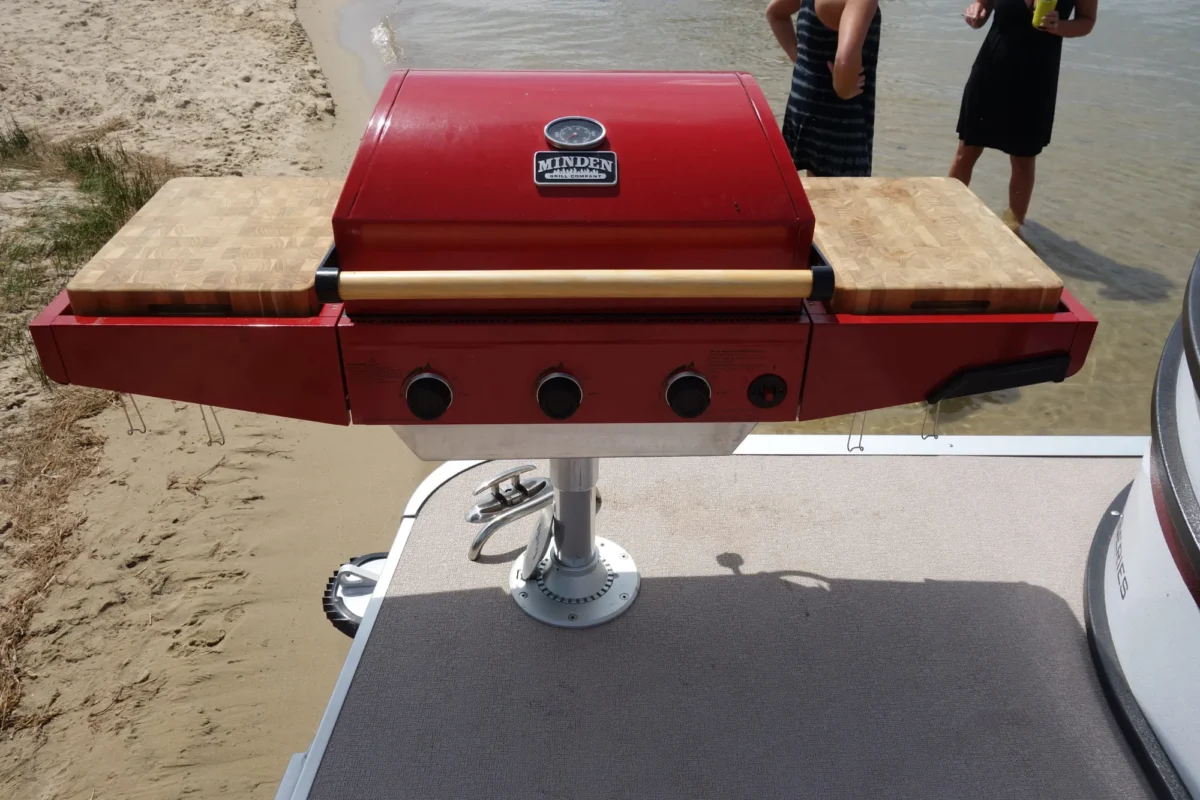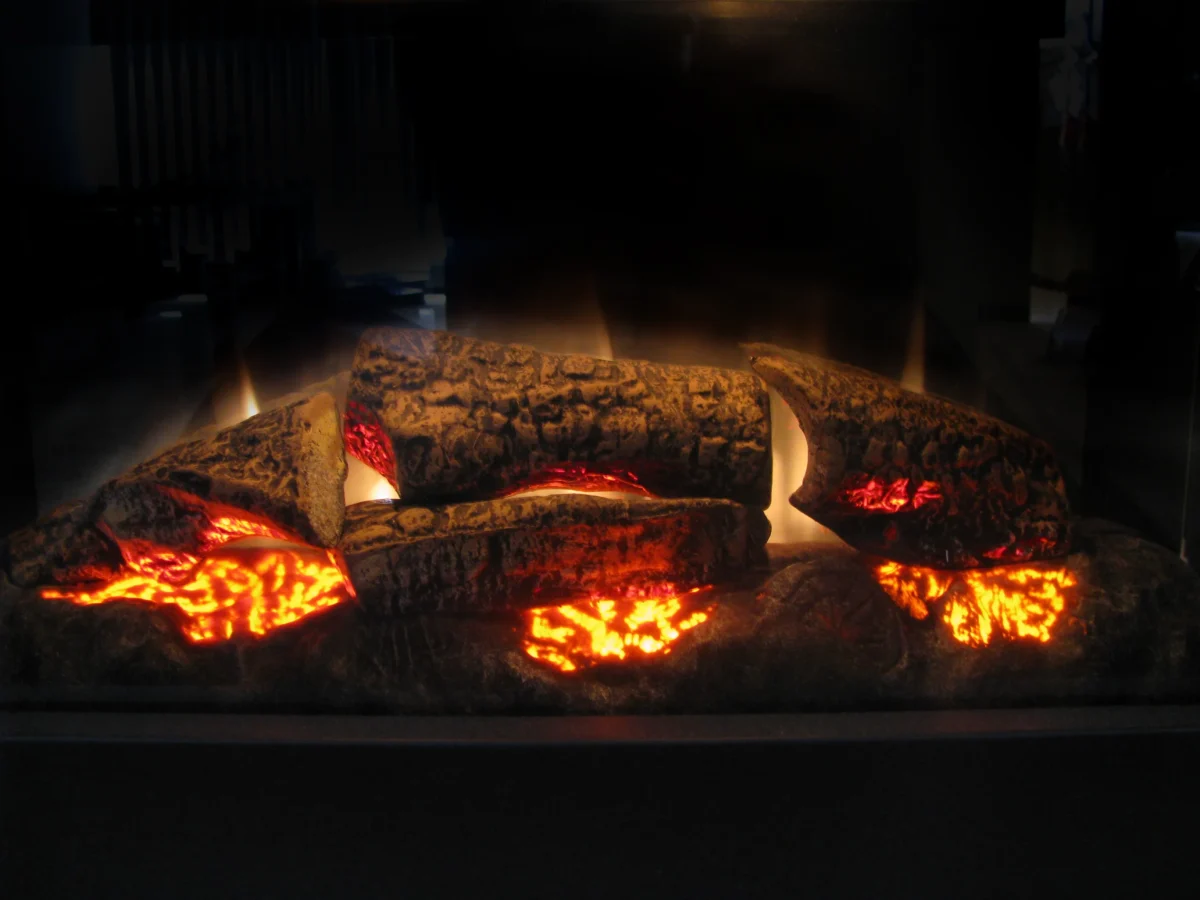Brisket is a classic barbecue dish that is enjoyed by many. However, some people have reported that their brisket smells like sulfur, which can be off-putting and concerning. The smell of sulfur can be attributed to a variety of factors, including the quality of the meat, the cooking process, and even the storage conditions.

If your brisket smells like sulfur, it is important to determine the cause of the odor. One possible explanation is that the beef underwent chemical changes during the cooking process, resulting in an unpleasant smell. Another possibility is that the meat was not stored properly, leading to spoilage and the release of sulfur compounds. While it can be tempting to try to salvage the brisket, it is generally best to err on the side of caution and discard any meat that smells off or has an unusual odor.
What Causes Brisket to Smell Like Sulfur?
If your brisket smells like sulfur, it can be an unpleasant experience. There are several reasons why your brisket might have a sulfur-like smell. Here are some possible causes:
Sulfur Compounds in Meat
Sulfur is a naturally occurring element that is present in many foods, including meat. When meat is cooked, sulfur-containing amino acids can break down and produce sulfur compounds. These compounds can give the meat a sulfurous odor.
One of the most common sulfur compounds found in meat is hydrogen sulfide. This compound has a distinct rotten egg smell and can be produced when meat is stored in vacuum-sealed packaging for too long. This can happen with brisket if it is not properly stored or if it has been stored for an extended period.
Other Causes
Other causes of a sulfur-like smell in brisket can include the use of Himalayan salt during cooking. Himalayan salt contains sulfur compounds that can give off an odor similar to rotten eggs.
Additionally, improper cooking methods can also cause brisket to smell like sulfur. Overcooking or cooking at too high of a temperature can cause the sulfur-containing amino acids to break down and produce sulfur compounds.
It is essential to properly store, cook, and handle your brisket to avoid any unpleasant smells. If you notice a sulfur-like smell, it is best to discard the meat to avoid any health risks.
Is It Safe to Eat Brisket That Smells Like Sulfur?
When you’re cooking brisket, it’s not uncommon to notice a sulfur-like smell. This can be concerning, especially if you’re not sure if it’s safe to eat or not. In this section, we’ll explore the dangers of eating spoiled meat and how to determine if brisket is safe to eat.
The Dangers of Eating Spoiled Meat
Eating spoiled meat can lead to food poisoning, which can cause a range of symptoms such as nausea, vomiting, diarrhea, and stomach cramps. In severe cases, it can even lead to hospitalization. Spoiled meat can also contain harmful bacteria such as E. coli and Salmonella, which can cause serious health problems.
How to Determine If Brisket Is Safe to Eat
If your brisket smells like sulfur, it’s important to take a few steps to determine if it’s still safe to eat. Here are some things to consider:
- Check the expiration date: Make sure the brisket hasn’t expired.
- Check the color: The meat should be a deep red color. If it’s brown or gray, it’s likely spoiled.
- Check the texture: The meat should be firm to the touch. If it’s slimy or sticky, it’s likely spoiled.
- Check the temperature: Make sure the brisket has been cooked to the appropriate temperature to kill any harmful bacteria.
If you’re still unsure if the brisket is safe to eat, it’s best to err on the side of caution and throw it out.
In conclusion, a sulfur-like smell when cooking brisket can be concerning, but it doesn’t necessarily mean the meat is spoiled. By checking the expiration date, color, texture, and temperature, you can determine if the brisket is safe to eat. If you’re still unsure, it’s best to throw it out to avoid the risk of food poisoning.
How to Prevent Brisket from Smelling Like Sulfur
If you’ve ever opened up your brisket and noticed a strong sulfur smell, you know how unpleasant it can be. Fortunately, there are several steps you can take to prevent this from happening in the first place.
Proper Handling and Storage Techniques
One of the most important factors in preventing sulfur smells in brisket is proper handling and storage. Here are a few tips to keep in mind:
- Rinse the brisket thoroughly before storing it to remove any excess blood or other fluids.
- Store the brisket in airtight packaging, such as cryovac packaging, to prevent exposure to air and bacteria.
- Keep the brisket at a consistent temperature in the refrigerator or freezer to prevent spoilage.
Common Mistakes to Avoid
In addition to proper handling and storage, there are a few common mistakes that can lead to sulfur smells in brisket. Here are a few things to avoid:
- Don’t let the brisket sit at room temperature for too long before cooking. This can allow bacteria to grow and cause spoilage.
- Don’t cook the brisket at too high of a temperature, as this can cause the meat to break down and release sulfur compounds.
- Don’t store the brisket in the refrigerator or freezer for too long. Over time, the meat can begin to spoil and develop unpleasant odors.
By following these tips and avoiding common mistakes, you can help ensure that your brisket stays fresh and free from sulfur smells.
Other Meat That Can Smell Like Sulfur
If you’ve experienced your brisket smelling like sulfur, you may be wondering if other meats can have the same issue. The answer is yes, some other meats can have a sulfur-like smell. Here are a few examples:
Pork
Pork can sometimes have a sulfur-like smell, which can be off-putting. This smell can be caused by a few different things. One common cause is boar taint, which is a natural odor caused by hormones in male pigs. Another cause can be the way the pork was stored. If the pork was stored in a vacuum-sealed package, it can sometimes develop a sulfur-like smell due to the lack of oxygen.

« How to Grill with Charcoal for the First Time: A Beginner’s Guide
Yes, You Can Grill on Daytona Beach: Rules and Tips to Follow »
It’s important to note that not all pork that smells like sulfur is bad. Sometimes, the smell can just be a result of the way the meat was handled or stored. However, if the pork smells rotten or has a slimy texture, it’s likely gone bad and should not be consumed.
Beef Ribs
Beef ribs can also sometimes develop a sulfur-like smell. This can be caused by a few different factors. One common cause is the way the meat was stored. If the beef ribs were stored in a vacuum-sealed package, they can sometimes develop a sulfur-like smell due to the lack of oxygen.
Another possible cause is the way the beef was cooked. If the beef was cooked at too low of a temperature, it can sometimes develop a sulfur-like smell. This can be prevented by cooking the beef at a higher temperature.
It’s important to note that not all beef ribs that smell like sulfur are bad. Sometimes, the smell can just be a result of the way the meat was handled or cooked. However, if the beef ribs smell rotten or have a slimy texture, they’re likely gone bad and should not be consumed.
In conclusion, while a sulfur-like smell can be off-putting, it doesn’t always mean the meat has gone bad. It’s important to use your senses to determine if the meat is still good to eat. If in doubt, it’s always better to err on the side of caution and not consume the meat.
Conclusion
In conclusion, if your brisket smells like sulfur, it is most likely due to the presence of hydrogen sulfide gas. This gas is produced by bacteria that break down proteins in the meat. While it is not harmful to consume in small amounts, it can affect the taste and smell of the meat.
To prevent your brisket from smelling like sulfur, it is important to properly store and handle the meat. Make sure to keep it at a safe temperature and use it within a reasonable amount of time. If you notice any odd smells or colors, it is best to err on the side of caution and discard the meat.
In addition, there are several ways to eliminate the sulfur smell from your brisket. One method is to rinse the meat with cold water and pat it dry before cooking. Another option is to marinate the brisket in an acidic solution, such as vinegar or lemon juice, for several hours before cooking.
Overall, while a sulfur smell may be off-putting, it is not necessarily a sign that your brisket is bad. By following proper storage and handling techniques and using simple methods to eliminate the smell, you can still enjoy a delicious and flavorful brisket.












